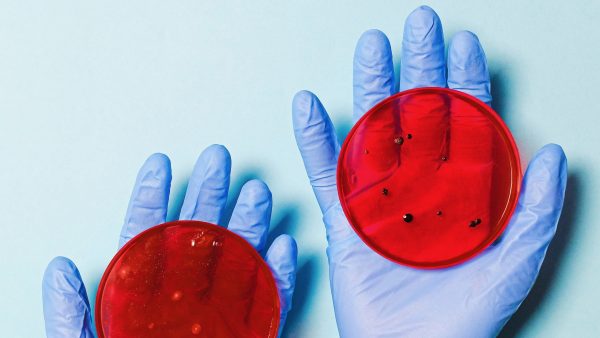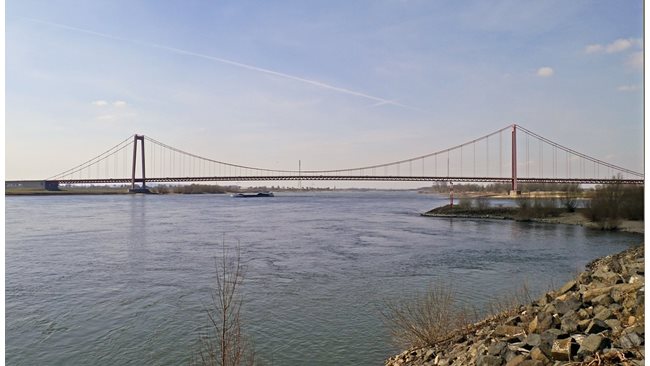Furthermore, the variant also prevails in Russia – 90 percent of all corona cases – and Portugal. The latter country registered 1,350 new infections last Wednesday, which is the largest increase in months. In the capital Lisbon, 60 percent of cases originate from this mutation. Delta has also been found in the Netherlands, but how often is not yet clear because only sample surveys are carried out.
Read also
You should know this before going on holiday with the Janssen vaccine
The biggest difference seems to be that the Delta variant is more contagious. This mutation spreads about forty to sixty percent faster than the British or alpha variant, which has been introduced since March causes the majority of infections in the Netherlands. This one was also a lot more contagious than the ‘original variant’ that caused the Dutch infection figures to rise at the beginning of 2020.
Vaccines
In addition, according to the RIVM, the first British studies suggest that the protection against disease is less good with the Delta variant after one dose. At both Pfizer/BioNTech and AstraZeneca, the degree of protection would be around thirty percent three weeks after the first injection, writes. The British Medical Journal. That is why it is mainly unvaccinated young people and older Britons who get this mutation with one AstraZeneca shot.
Anyone who has already received the second shot seems to be (reasonably) well protected against the Delta variant so far. From a research published in the medical journal The Lancelot shows that Pfizer/BioNTech offers 79 percent protection two weeks after the second shot. AstraZena is slightly lower with 60 percent protection. Further research into the effect of the vaccines and the severity of the disease is still necessary, according to RIVM.
Read also
Pfizer and Moderna are sister vaccines, but they differ in these four areas
Because nothing is known yet about the effectiveness of Moderna in the Delta variant. Presumably this is similar to the Pfizer/BioNTech vaccine, writes NRC. There is also too little data about Janssen’s protection. Since that vaccine has only been used in the United Kingdom since May 28, Janssen cannot make any statements about it yet, a spokesperson told the newspaper. Several publications are on the way.
Symptoms
At the same time, the chance of ending up in hospital also seems greater with the Delta variant. Although the UK is not yet faced with overcrowded hospitals, a higher percentage of infected people do end up in hospital. A study, published in The Lancet even concludes that the chance is 85 percent greater. At the same time, this is more difficult to determine with low numbers, writes Loyalty. So it could also be a coincidence.
Infected Britons can enter their complaints in an app and do this en masse. This shows, according to The Guardian that headache, sore throat and runny nose are the most common symptoms of Delta. “Covid behaves differently, it’s more of a nasty cold,” researcher Tim Spector told the newspaper. Previously, the most common symptoms in the UK were fever, cough, and loss of smell and/or taste.
The latter is no longer even in the top ten of common complaints, the newspaper writes. In the Netherlands, the loss of smell and/or taste is still in the top five of symptoms. The advice of researcher Spector? Get tested sooner, even if you just feel ‘not so well’.
The Netherlands
According to OMT member Diederik Gommers, the Netherlands has three advantages over England in being able to combat the Delta variant. For example, good source and contact research is possible in the Netherlands due to the low infection rates, he writes on Instagram. ‘It is important that you have yourself tested in case of complaints.’ In addition, more people here have already had two shots, and the Netherlands has used more mRNA vaccines – such as Pfizer/BioNTech. And these offer more protection against the Delta variant.
According to Gommers, we can expect ‘small outbreaks’ in the autumn, but we can contain this by testing quickly. ‘If we do that, I expect that the hospitals and the ICU will not overflow any time soon.’
–


